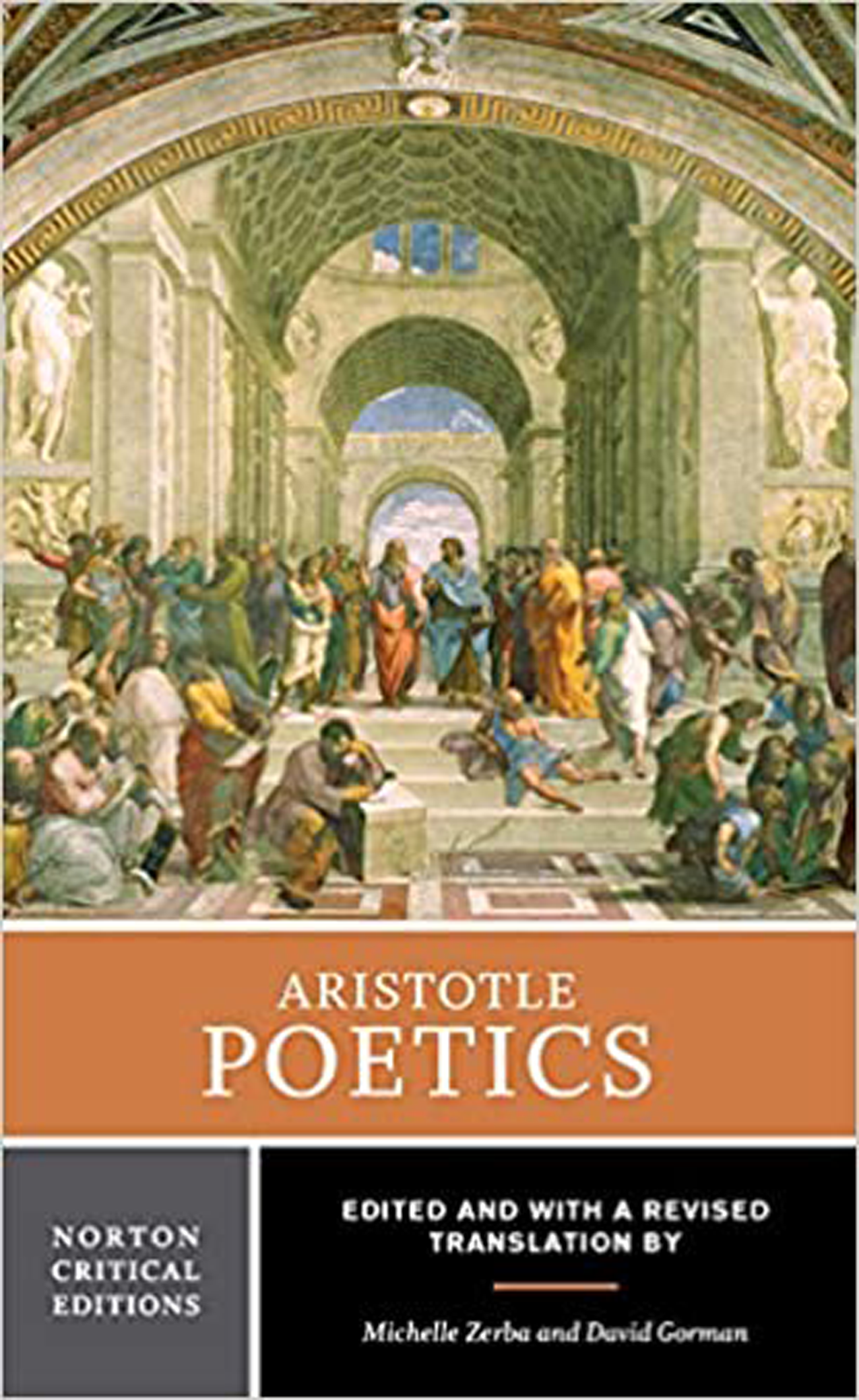
Aristotle's Poetics is perhaps the most influential work of literary theory. As such, it enjoys a wider audience than some of Aristotle's other works. This edition, with its introduction, glossary, notes on the text, and range of contextual and interpretive material, serves as an excellent introduction for students from any discipline.
Assuming little knowledge of the text or of Aristotle, the introduction gives a brief biography of the philosopher and sets out the state of Greek literature in his time before moving on to focus on the Poetics. The work is first situated in Aristotle's philosophical system by means of a brief discussion which distinguishes poetics as ‘productive’ knowledge and identifies the different Aristotelian causes of tragedy. This understanding of the Poetics as one case of Aristotle's way of thinking about the world is one of the strengths of the introduction, particularly for students of literature who approach the Poetics without wider knowledge of ancient philosophy. Z. and G. here and elsewhere also stress the way in which Aristotle understands art as something organic and proceeds with methods similar to those employed in his study of biology. Further sections of the introduction address some of the most important terms and arguments of the Poetics: mimesis, plot, character, hamartia, reversal and recognition, katharsis, thought and language, tragedy and epic. These concepts are, on the whole, introduced in an admirably clear and succinct manner. There are times, however, when more could be done to introduce the range of critical discussion on a topic. The section on katharsis, the meaning of which is famously debated, might have been clearer had it included a summary of the main theories like that set out in the glossary entry for the term.
The introduction draws on various texts which are appended after the translation of the Poetics, which is a revised version of James Hutton's clear and accurate 1982 translation. These additional texts, thoughtfully selected to illuminate the Poetics, are divided into ‘Ancient Contexts’ and ‘Interpretations’. The ‘Ancient Contexts’ comprise extracts from classical texts with which Aristotle's Poetics engages either explicitly or implicitly. Examples of reversal and recognition are drawn from the Odyssey, Oedipus Tyrannos, and Iphigeneia in Tauris. Extracts from Plato's Ion, Phaedrus, and Republic sketch out the challenges Plato sets to poetry, a pattern of concerns to which Aristotle's Poetics offers an alternative. They also encourage the reader to consider other ideas relevant to Aristotle's understanding of art, such as the idea in the Phaedrus of discourse as a living organism. Extracts from Aristotle's Physics, Nicomachean Ethics, Politics, and Rhetoric help the reader to see how the Poetics fits into Aristotle's wider system and give further instances of problematic terms such as katharsis.
The ‘Interpretations’ offer modern critical discussions of the work. I say ‘modern’: the first two interpretations given are taken from the works of Scaliger and Sidney, demonstrating the influence of the Poetics in early modern Europe. The remaining six critical interpretations are from the 20th and 21st centuries and treat a range of topics from the content to the reception of the work, illustrating something of the breadth of questions asked of the Poetics in modern scholarship.
The great strength of this edition is the way in which it enables any reader to gain an understanding of the Poetics in its own context and the extraordinary influence which the work has exerted since the Renaissance. The student will find that material is presented accessibly. They will also find that they are forced to think for themselves: notes and subheadings offer guidance, but ultimately the format of the book encourages careful, independent attention to the text and the contextual material. The series of Norton Critical Editions claims to ‘set the standard for apparatus that is right for undergraduate readers.’ The clarity and accessibility of this edition means that it would also be an excellent and thorough introduction to the Poetics for students in the Sixth Form.


